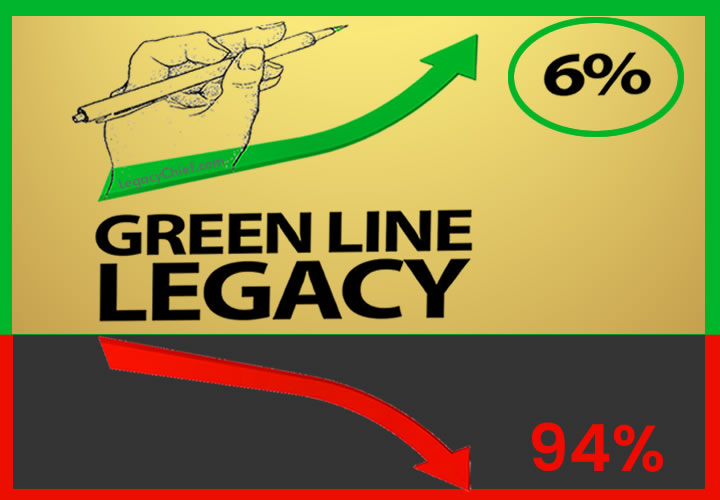FB “38” Facebook Number: The Hacker Way Goes IPO

38 was the magic number for Facebook stock on it’s initial public offering on Friday May 18 2012. The social network giant is now a public company. #LikesUP for Facebook
Facebook now has a link to Investor Relations on it’s news page: http://investor.fb.com/ MENLO PARK, Calif., May 17, 2012 /PRNewswire/ — Facebook (NASDAQ: FB) today announced the pricing of its initial public offering of 421,233,615 shares of its common stock at a price to the public of $38 per share. The shares are expected to begin trading on the NASDAQ Global Select Market on May 18, 2012, under the symbol “FB.” Facebook is offering 180,000,000 shares of Class A common stock and selling stockholders are offering 241,233,615 shares of Class A common stock. Closing of the offering is expected to occur on May 22, 2012, subject to customary closing conditions.
Facebook numbers have been on the rise and here are a few more stats:
Facebook Statistics
- Facebook has 901 million monthly active users
- 137.6 million unique visitors per month
- 7+ hours = time spent per person per month on Facebook
- 54% of monthly users access it via a mobile device
In addition to the stock billions, the thrill of Zuckerberg’s wedding automatically focused on the numbers as marriage is a legal contract.
There was talk of the intial price at $50 a share. On opening day at 10:45 a.m., that fell to $45. Then $43. Nasdaq was able to open Facebook manually (after switching software) at $42.05 at 11:30 a.m. Three days after the IPO, shares of Facebook fell again and closed at $31, down 8.9 percent for the day and down 18 percent from their initial public offering price of $38. Trading was heavy, with more than 101 million shares changing hands.
Forbes has a different take on the “success”of the IPO. Writer Tim Worstall says Facebook is going to be trading well below its IPO price.
NY Times, Dealb%k, states that some big investors were nervous about Facebook’s prospects. “The I.P.O. of Facebook was supposed to be Morgan Stanley’s crowning achievement, but it is turning out to be a big embarrassment, raising broader questions from regulators about the I.P.O. process.”




